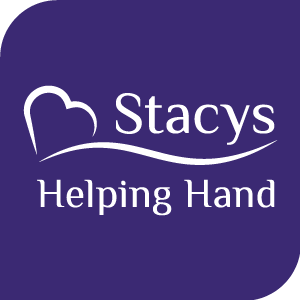Sorry, you've reached a page that doesn't exist!
Click here to go back to the homepage.

Quick Links
Recent Posts
- Signs It May Be Time To Move To A Memory Care Facility in Denver
- 7 Costly Mistakes Families Make When Choosing Senior Living
- Comparing Independent Living, Assisted Living, and Memory Care: Which Is Right for Your Family?
- How to Evaluate Assisted Living and Memory Care Facilities: Key Factors for Denver Families
- Understanding the Role of Senior Care Advisors in Denver